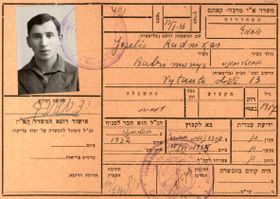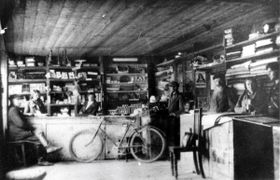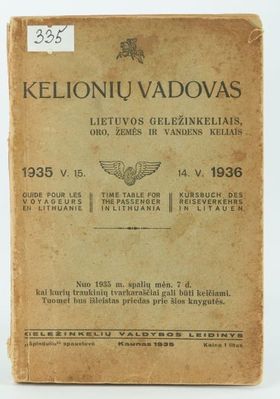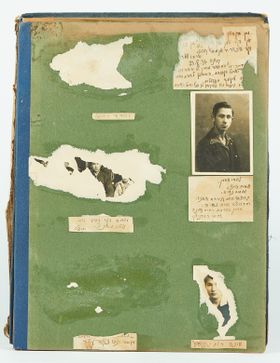Healthy Sips
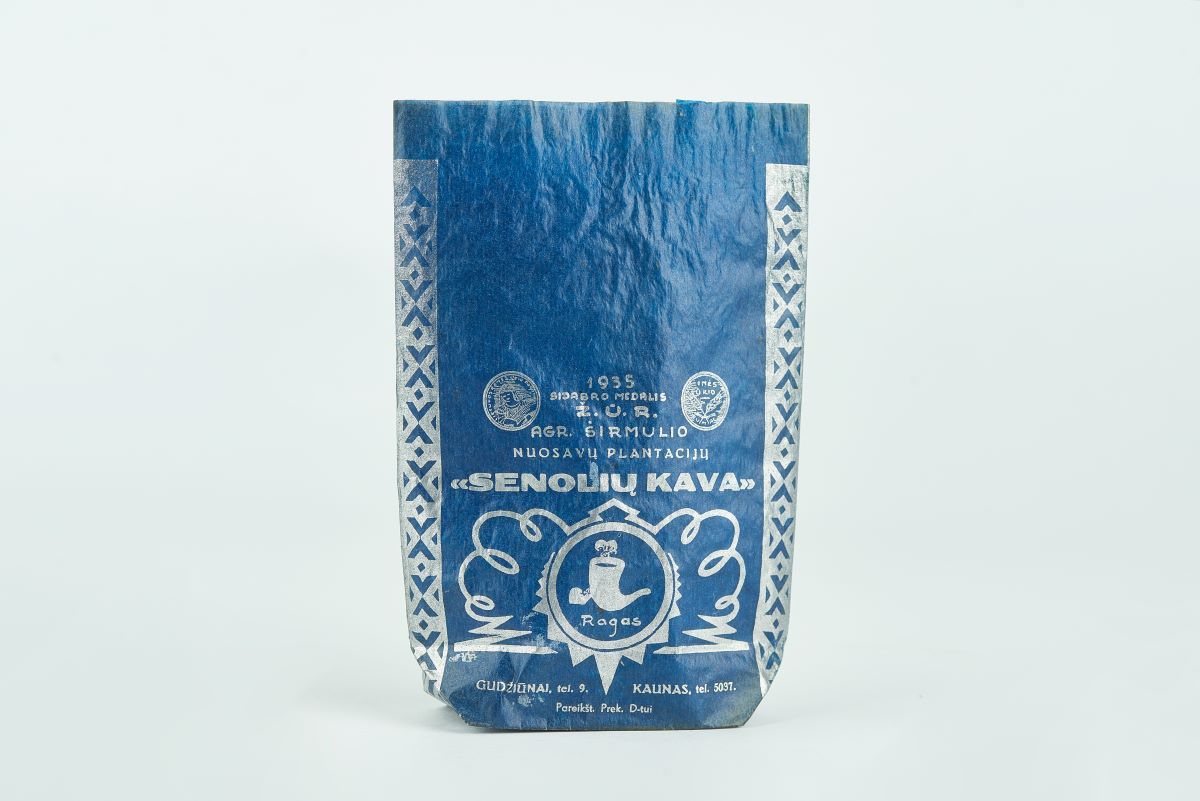

Brewed Alternatives
Real coffee lovers faced a challenge in interwar Lithuania. Coffee was too expensive for daily enjoyment and was reserved for special occasions or important guests.
Instead, many turned to coffee substitutes made from grains, acorns, or chicory. Chicory coffee, made from roasted roots, quickly gained popularity in Lithuania. Its pleasant taste and aroma closely mimicked real coffee, though it lacked caffeine.
While chicory was originally imported, by 1932, Lithuanian farmers started growing it themselves. One of the leading growers, agronomist Širmulis, cultivated 15 hectares of chicory and produced the well-known "Senolių kava" ("Elders' Coffee").
Interestingly, research has shown that chicory offers several health benefits, such as lowering blood sugar, improving digestion, and reducing inflammation.

